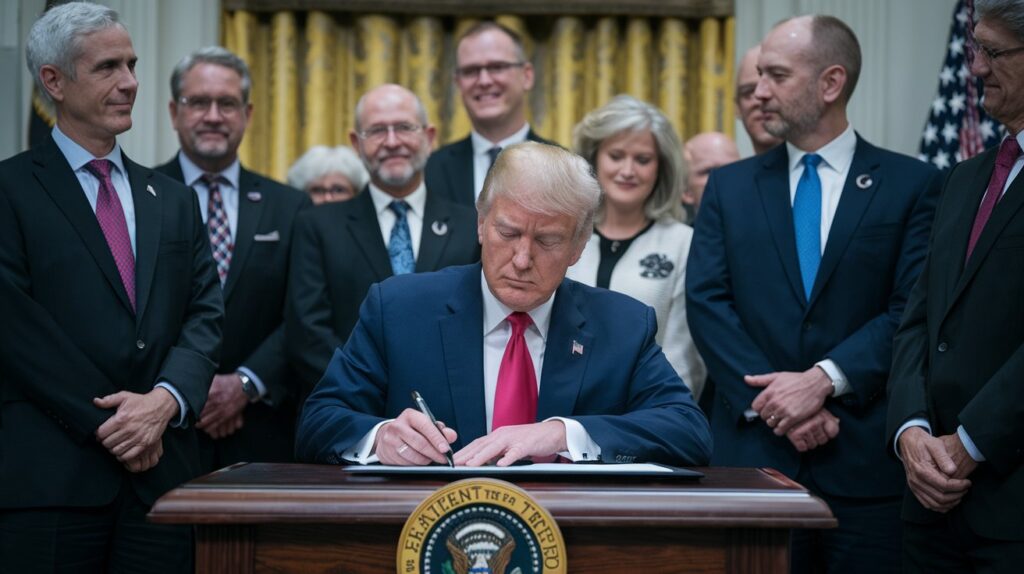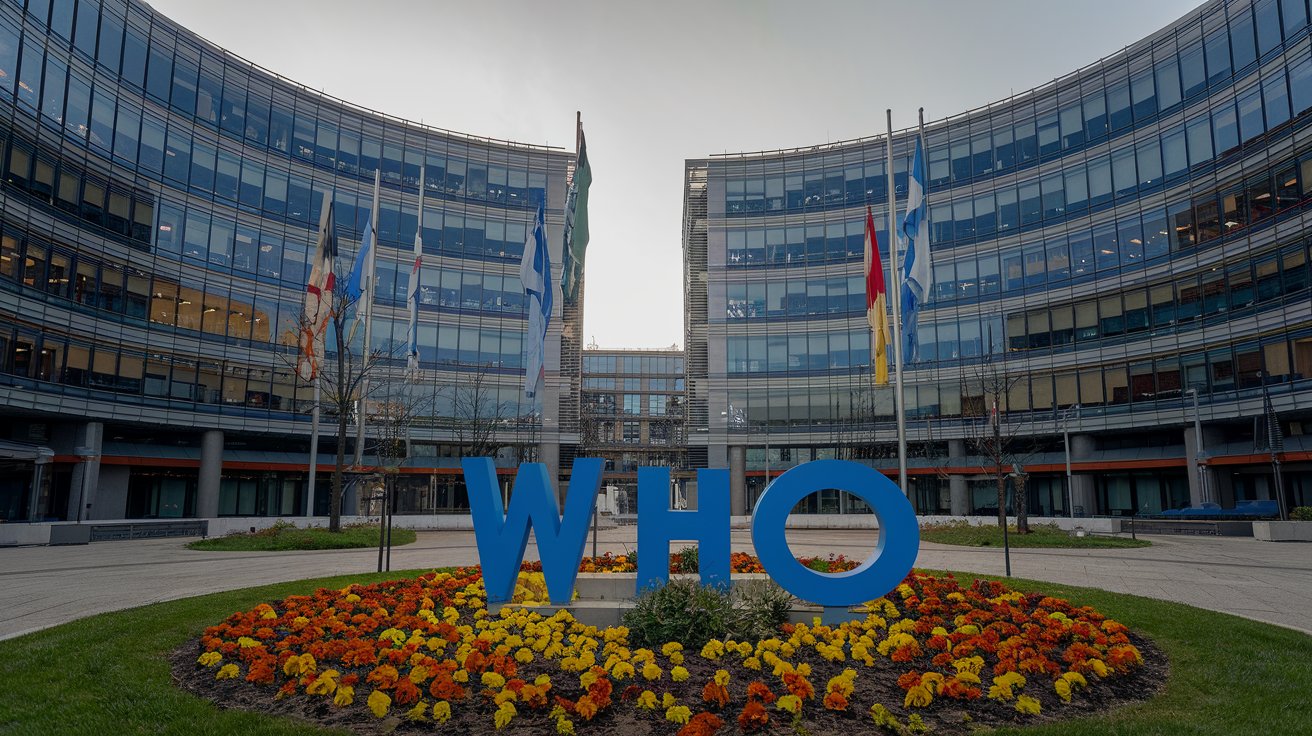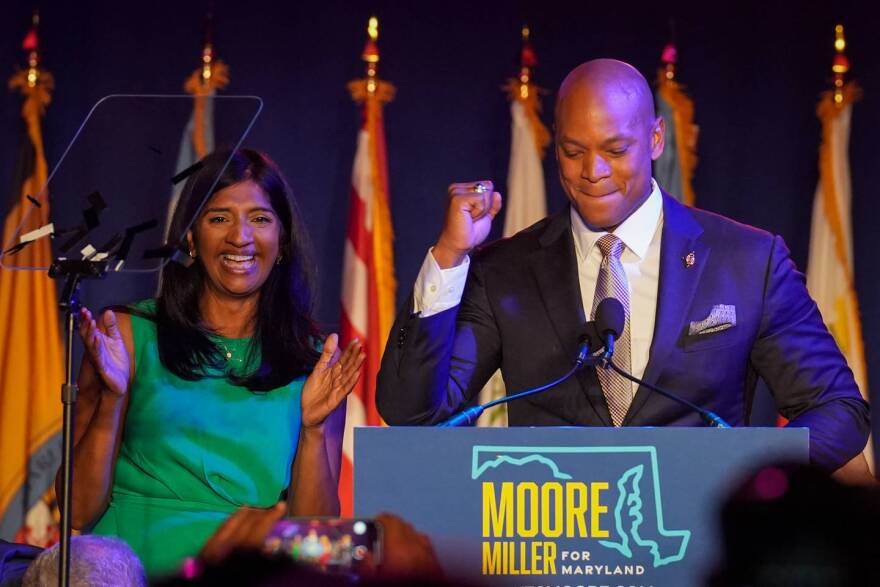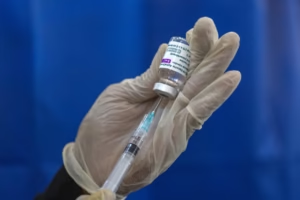The U.S. withdrawal from the World Health Organization (WHO) has sparked intense debate and concern across the globe. As one of the WHO’s largest contributors, the United States’ decision to sever ties raises pressing questions about the future of global health initiatives, pandemic preparedness, and America’s role in international health diplomacy. From the fight against infectious diseases to vaccine distribution and emergency response coordination, the WHO has long played a critical role in shaping health policies that impact millions. But with the U.S. stepping away, what comes next?
Table of Contents
In this blog, we’ll explore the far-reaching implications of this withdrawal, including potential disruptions to global health funding, weakened disease surveillance efforts, and the geopolitical consequences that could shift the balance of power in health governance. Whether you’re concerned about how this decision might affect public health in the U.S. or its influence on worldwide health initiatives, this post will provide valuable insights and analysis.
Stay with us as we break down the key takeaways from this major shift and uncover what it means for the future of health on a global scale. Let’s dive in and examine what lies ahead in a post-withdrawal world.
U.S. Withdrawal from the World Health Organization: Why Did the U.S. Withdraw from the WHO?
The withdrawal stems from longstanding criticism of the WHO’s handling of global health emergencies and concerns over its governance and transparency. The Trump administration accused the organization of bias and failing to hold certain countries accountable during the COVID-19 pandemic. Proponents of the move argue that redirecting funds to domestic health programs will better serve American interests. However, critics warn of severe repercussions.
Implications of U.S. Withdrawal from the WHO
1. Global Health Funding and Initiatives at Risk
The U.S. was one of the largest financial contributors to the WHO, providing nearly 20% of its budget. The withdrawal creates a funding gap that could hinder critical health programs, including those tackling malaria, polio, and HIV/AIDS. Without U.S. support, efforts to combat these diseases in developing countries may slow down, leading to preventable deaths and increased global health disparities.
2. Impact on Disease Surveillance and Pandemic Preparedness
The WHO serves as a central hub for sharing real-time health data, coordinating outbreak responses, and developing health guidelines. Without U.S. participation, the country risks missing out on vital information regarding emerging health threats, delaying response times, and potentially jeopardizing public health.
3. Loss of U.S. Influence in Global Health Policy
Stepping away from the WHO reduces America’s ability to shape international health policies and standards. This leadership vacuum may allow other countries, such as China, to gain greater influence over global health governance, setting priorities that may not align with U.S. interests.
4. Consequences for Vaccine Distribution and Health Innovation
WHO partnerships play a crucial role in vaccine research, development, and distribution. With the U.S. no longer part of these efforts, access to global vaccine initiatives could become more challenging, potentially leading to supply shortages and higher costs for American citizens.
5. Potential Reentry Challenges
Rejoining the WHO in the future may require extensive negotiations and renewed funding commitments. Experts argue that withdrawal could weaken the credibility of the U.S. in future international collaborations, making it harder to regain a leadership position.
Domestic Ramifications of the WHO Exit

Within the United States, the withdrawal could lead to disruptions in key public health programs that rely on WHO guidance. Programs such as those addressing antibiotic resistance, maternal health, and emergency preparedness could face setbacks, affecting vulnerable communities across the nation.
Public and Expert Reactions
Reactions to the decision have been polarized. Health professionals and advocacy groups argue that cutting ties with the WHO undermines years of progress in global health collaboration. Meanwhile, supporters of the withdrawal believe it presents an opportunity for the U.S. to invest in domestic health infrastructure and reduce dependence on international bodies.
What Happens Next?
The withdrawal process is expected to take up to one year, during which negotiations with WHO leadership will determine the extent of U.S. disengagement. Whether future administrations will reverse this decision remains uncertain, but the global health community continues to advocate for continued collaboration.
Conclusion: Why the U.S. Withdrawal from WHO Matters Now More Than Ever
In conclusion, the U.S. withdrawal from the World Health Organization (WHO) is more than just a political decision—it’s a turning point that will influence global health strategies, funding allocations, and America’s role in shaping international health policies. As we’ve explored, this move could disrupt critical health initiatives, reduce the nation’s access to real-time health data, and limit its influence on worldwide health standards. Without U.S. contributions, global efforts to combat pandemics, infectious diseases, and public health emergencies may face significant challenges, impacting both developing and developed nations alike.
For U.S. citizens, this withdrawal raises important questions about the future of public health security, vaccine accessibility, and preparedness for emerging health threats. It also presents an opportunity to reevaluate how domestic health systems can be strengthened to ensure resilience in the absence of WHO collaboration. However, the ripple effects of this decision will continue to unfold on the global stage, influencing diplomatic relationships and health partnerships for years to come.
As the conversation around the U.S. withdrawal from WHO continues, it’s crucial for policymakers, healthcare professionals, and the general public to stay informed and engaged. What are your thoughts on this issue? Share your opinions in the comments, explore related articles on global health policies, and subscribe to our blog for more updates on how these changes impact the world and your health.
In an era where global health challenges are increasingly interconnected, every voice matters in shaping a healthier and more secure future. Stay informed, stay proactive, and let’s work towards solutions that ensure health for all. [USnewsSphere.com]








